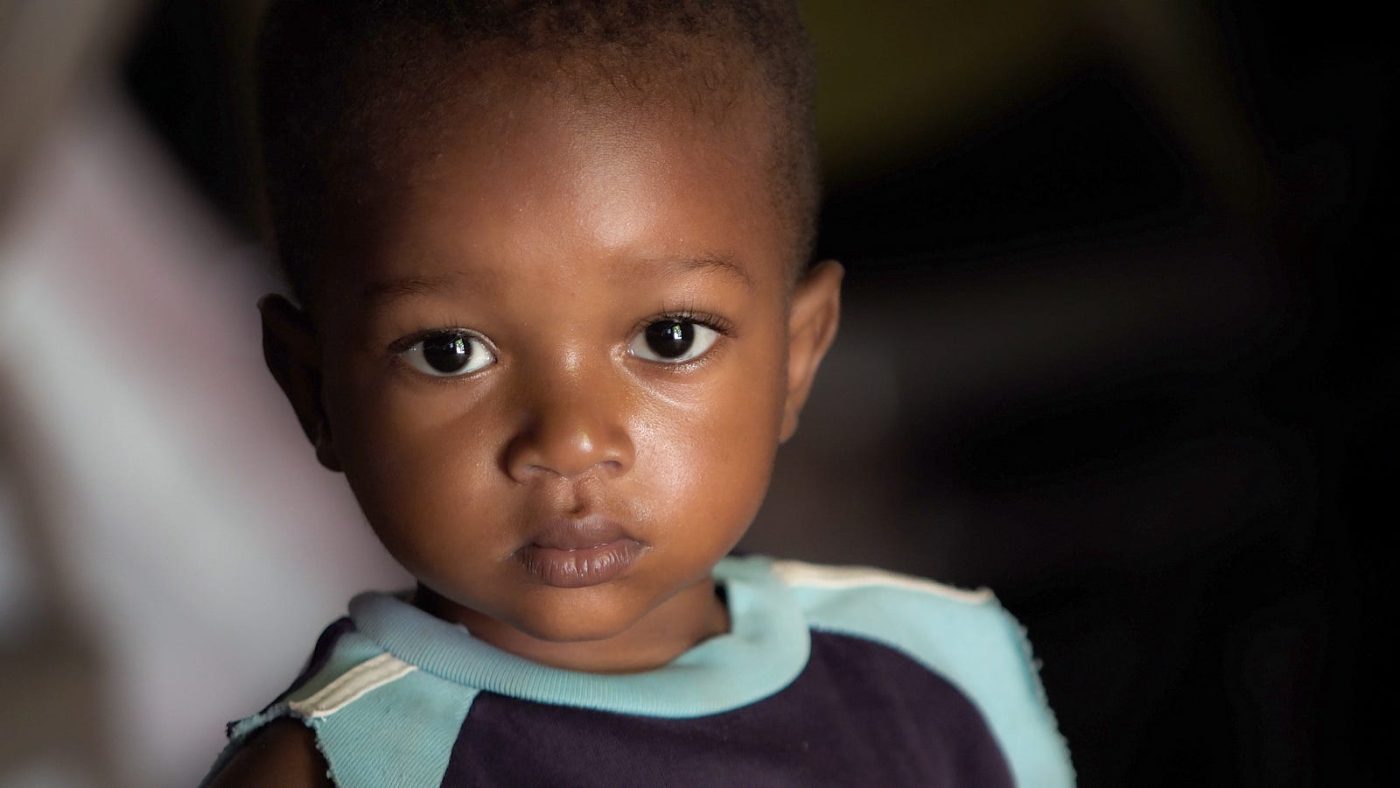
My paternal great-grandfather’s name was Doctor. Doctor Livingston. He was born in the year 1879 so I never knew him, but I do know he wasn’t a doctor. On the contrary, my GGF was the son of parents who were enslaved in Orangeburg, South Carolina.
I’ve been researching my family history for years and, for obvious reasons, I’ve been captivated by this name for as long as I can remember. Why Doctor? Was he named after Dr. David Livingstone, the legendary missionary?
I guess I’ll never know for sure. But while reading Isabel Wilkerson’s Caste: The Origins Of Our Discontents, I found a more likely explanation.
In her must-read book that breaks down the history of America’s racial hierarchy, Wilkerson tells the story of Mr. Harold Hale, a Black man who came of age in the Jim Crow South. As a child growing up in Selma, Alabama, he could feel the waves of disrespect every time a white person addressed his mother and grandmother by their first names. Sometimes, these white people were near strangers or even children.
By practice, whites often didn’t call Black people by their names at all back then. Instead, they used degrading substitutions such as: “boy,” “gal,” and “auntie.” Never did they use formal titles such as “Mister,” “Miss,” or “Mrs.”
But Mr. Hale had a plan. When he and his wife had their first child, a daughter, they named her, Miss. Miss Hale was born in Texas in the 1970s, and as you would expect, there were some people, namely the white principal at her school, who reacted to Miss Hale’s name with self-righteous indignation. After all, simply saying her name was giving her respect. And to the delight of her father, it was the ‘gotcha’ gift that kept on giving.
I’m certain my GGF’s given name — Doctor Livingston — emerged from the thoughtful planning of parents who wanted to ensure he would live with some sense of dignity. And, in fact, when I look through my family tree, I find more examples: another GGF named Prince and a distant aunt who wanted to be called Ma’am (a shortened version of Madam).
However, for most Black Americans, when it comes to naming our children, the desire has been to choose names that fit in, according to whatever is trending in any particular generation. I grew up in an integrated community where the Black and white kids had the same names: Tracy, Mike, Jennifer, Dawn, Greg, Kim, Stephanie, Lisa…and as a “Kelly,” I’ve met many others over the years. Our all-American, Black names may be common, but they send a message that says we’re just like everyone else.
Still, for those who wanted to send a “put some respect on my name” message, we can find examples in history, beginning with the Black Power era of the 1960s. During this period, Black Muslims and Afro-centric activists were only too happy to shake off their slave names and replace them with ones that wholly represented the motherland.
- Malcolm Little became Malcolm X, then El-Hajj Malik El-Shabazz.
- Cassius Clay became Muhammad Ali.
- Stokely Carmichael became Kwame Ture.
- LeRoi Jones became Amiri Baraka.
- JoAnne Deborah Chesimard became Assata Shakur.
- Ferdinand Lewis Alcindor Jr. became Kareem Abdul-Jabbar.
The Afro-centric trend took a while to catch on, but by the early 1980s, it had gained traction with more Black Americans giving their children names that had origins in North and West Africa, and in the Middle East. It’s a trend that continues today. Unfortunately, all too often, names that are intended to lift us up, become the very thing that can hold us down. I have a nephew named Khalid. He’s an amazing easy-going person who will tell you it’s not always easy getting through the airport.
I’m also reminded of these now-famous words:
“Maybe we now realize the way racial bias can infect us even when we don’t realize it, so that we’re guarding against not just racial slurs, but we’re also guarding against the subtle impulse to call Johnny back for a job interview but not Jamal.” — Former President Barack Obama, June 2015
I’ll admit that some of the names in the Black community have evolved into a unique category all their own. Some are even tricky to pronounce. But I also know there’s a powerful intention behind those names, just like the power and purpose in our ancestral names. If that wasn’t so, enslaved Africans would’ve been able to keep their given names, instead of being forced to take on the new names given to them by slave owners. That hard-to-watch scene in Roots, when Kunta Kinte is being mercilessly lashed into saying his slave name, Toby, speaks volumes.
There should never be any consequences in doing something that reinforces our rich African American culture — a culture that is repeatedly stolen from and appropriated, only to be mocked when we present it in its original full glory and dare to stretch its boundaries even further.
I’m always eager to know the meaning of someone’s name, especially if it’s unfamiliar to me and that person is of the African diaspora. Unfortunately, many of us will never know our connection to the ancestral names that were stripped from us. But we can honor our community by respecting the personal and historical reasons why someone chooses a particular name for their child.
While we can’t control how anyone’s name will be perceived on a resume, at school, or at work, when we choose to see and know the person behind the name, we’re saying that we value the diversity within our culture. And that acceptance is one of the most powerful things we can give to each other.
